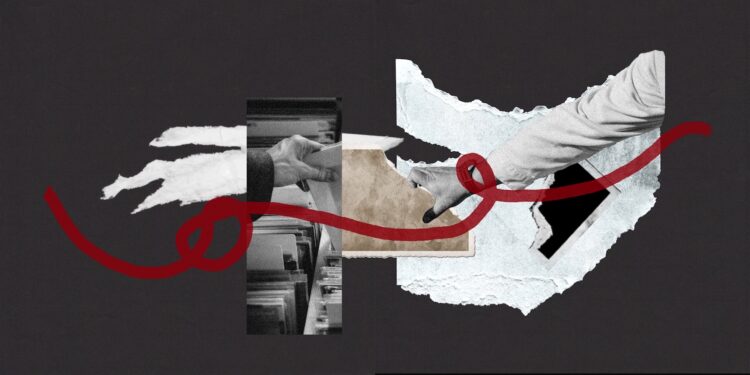Readers' Forum
Volunteering in Armenia: Key Issues And Challenges
This policy analysis aims to explore the main reasons people volunteer, how volunteer work is regulated and the key issues the volunteering sector faces in the Republic of Armenia.
Primer: Reforming Regional Representation in Armenia’s Parliamentary Elections
A summary of an analysis assessing the performance of Armenia’s current electoral system, focusing on regional representation and discussing the unsuccessful proposal to abandon district-based open lists in 2018 and introducing a new compromise.
Armenia Combats the Coronavirus: State Capacity and the Diaspora
The experience of combating the coronavirus pandemic in Armenia can and should serve as an important foundation to develop long-term and institutionalized mechanisms of crisis management with the support of Diasporan experts and professionals.
Primer: Changing the Paradigm in Armenia-Diaspora Relations
Armenia-Diaspora relations must be defined through state-centered institutions and transnational governance.This is a primer of a recently published White Paper on Armenia-Diaspora relations by Nerses Kopalyan.
Primer: Retraining Healthcare Professionals
When parents have a child born with a disability, it is usually healthcare professionals who often apply social pressure on them to reject their baby. This is a primer of EVN Report’s White Paper, “Retraining Healthcare Professionals: The Practice of Placing Children with Disabilities in Institutions in Armenia.”
Who is Educating Armenia’s Youth About the Environment?
With no comprehensive environmental curriculum in Armenian schools, individual teachers and NGOs have taken it upon themselves to educate the youth about pressing environmental issues from climate change to recycling.
Finding Forever Homes
Abandoned children with disabilities are placed in special orphanages and upon reaching adulthood, mental institutions. Jermik Ankyun is working to pull people with disabilities from these hopeless facilities, settling them in loving forever homes.
With Every Act of Volunteering, a Person Gives a Part of Their Soul
What motivates people to give of themselves and their time in the pursuit of helping others and their communities? Three women explain.
Discovering Armenia Through Stories
What does it mean to be a volunteer in a country and a society that is vastly different from your own? Sofia Bergmann reflects on her experience in Armenia.
In Search of Lost Lives: Resolving Cases of the Illegal Adoption of Newborns
The illegal adoption of newborns in Armenia has always been talked about behind closed doors. These cases are now being revealed as state bodies and law enforcement agencies crack down on those involved in the trafficking of children. Many believe it is only the tip of the iceberg.












